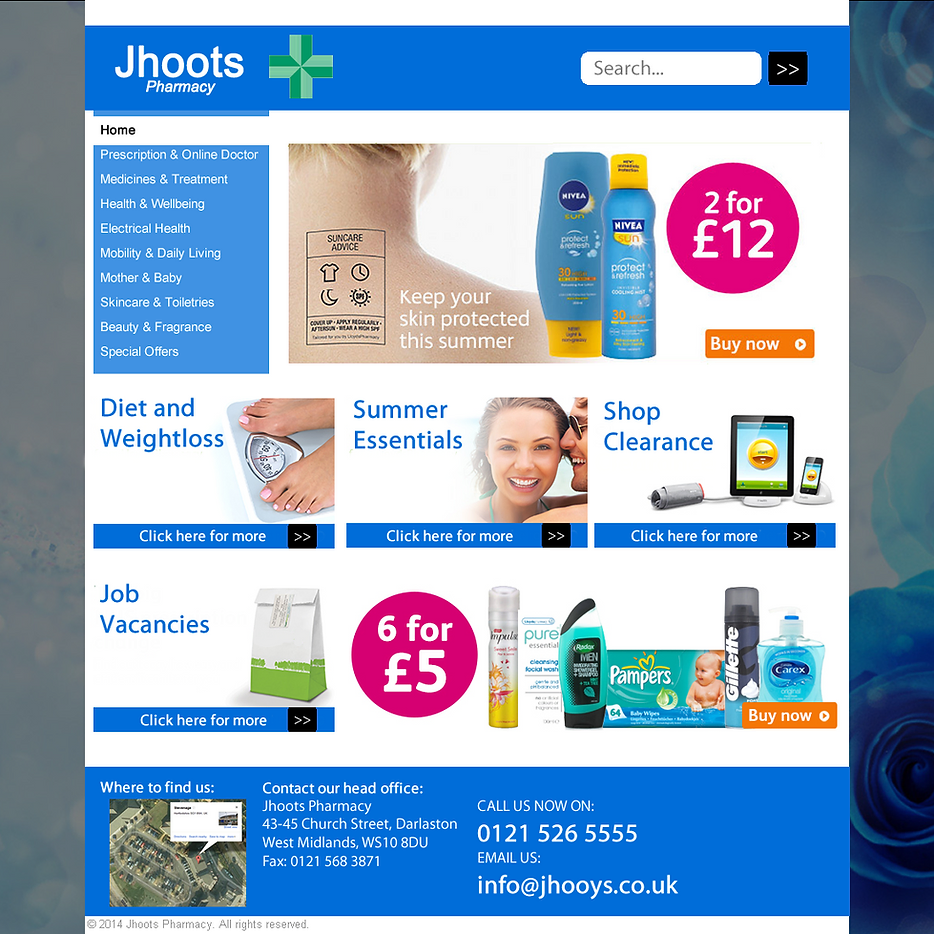· Jack Young · Education · 3 min read
Unit 8 (D2): Payment Systems in E-Commerce
Compare different payment systems used by e-commerce systems.

Payment Systems
Compare different payment systems used by e-commerce systems (D2)
Card
A credit card account normally contains a credit balance; a debit card account normally contains a debit balance. A debit card is used to make a purchase with one’s own money. A credit card is used to make a purchase by borrowing money.
Advantage
Consumers can find what they want to buy and purchase it quickly. This immediate transfer of funds benefits businesses in several ways. Buyers are generally more willing to make purchases if the purchasing process is easy and immediate. E-payments are also flexible. Many payment schedules allow for later billing or payment instalments using a third-party vendor. Business websites typically give several options for customers to buy using a credit card, debit card or even a direct transfer from a bank account.
Disadvantage
The flexibility that e-payments enjoy can also create security hazards. Malware and other hacking attempts can track keystrokes in order to copy account passwords and access payment information. Because online payment systems are new and global in their perspective, problems can occur when it comes to applying them to all e-commerce businesses. Some types of payment that customers are used to depending on may not be available in other countries, even when purchasing online from those countries is an option.
PayPal
PayPal is the most preferred way to pay online in the UK because it’s safer and faster. PayPal stores and safeguards your card and bank details, enabling you to pay online without entering your sensitive financial information every time you shop. You speed through checkout in just a few clicks, PayPal takes the payment from your card or bank directly, and your payment details are never shared on the internet.
Advantage
Many shoppers are, possibly wisely, wary about providing their credit card or current account information to businesses with which they are not familiar online. Setting up a secure e-commerce website can be tricky and expensive. Many businesses with a small web design budget opt to use PayPal as a payment option simply because of its ease of use. Although PayPal claims a portion of every payment made to you by your customers as a transaction fee, it allows small businesses to use its services otherwise without charge.
Disadvantage
Because of security issues and U.S. regulations enacted to limit the transfer of money to terrorists, PayPal sometimes freezes an account because of a suspicious circumstance. Although PayPal serves as a buffer between the general public and privately held bank accounts, its terms of use provide it access to its holder’s accounts. Because of this, the service may deduct funds from your bank account without your authorisation if charge-back conditions are met by customers. If businesses have a dispute with PayPal over charges of fraud, account freezes or other administrative problems, they have little resource.
Electronic Cheques
It permits use of electronic cheques to transfer funds from one account to another. It makes transfer of funds easy by making it immediately available. Electronic cheques can be signed just like the standard cheques.
Advantage
With electronic checks, customers can receive instant acknowledgement of their payments and 24/7 access. Processing payments online with electronic checks eliminates the need for stamps and envelopes, which saves time and money for customers.
Disadvantage
Anytime computers are involved with sensitive transactions, there are bound to be security concerns. Fraud by unscrupulous merchants is one danger; hacking into the electronic records or interception of a transmission is another.

&version=1725966482899)

